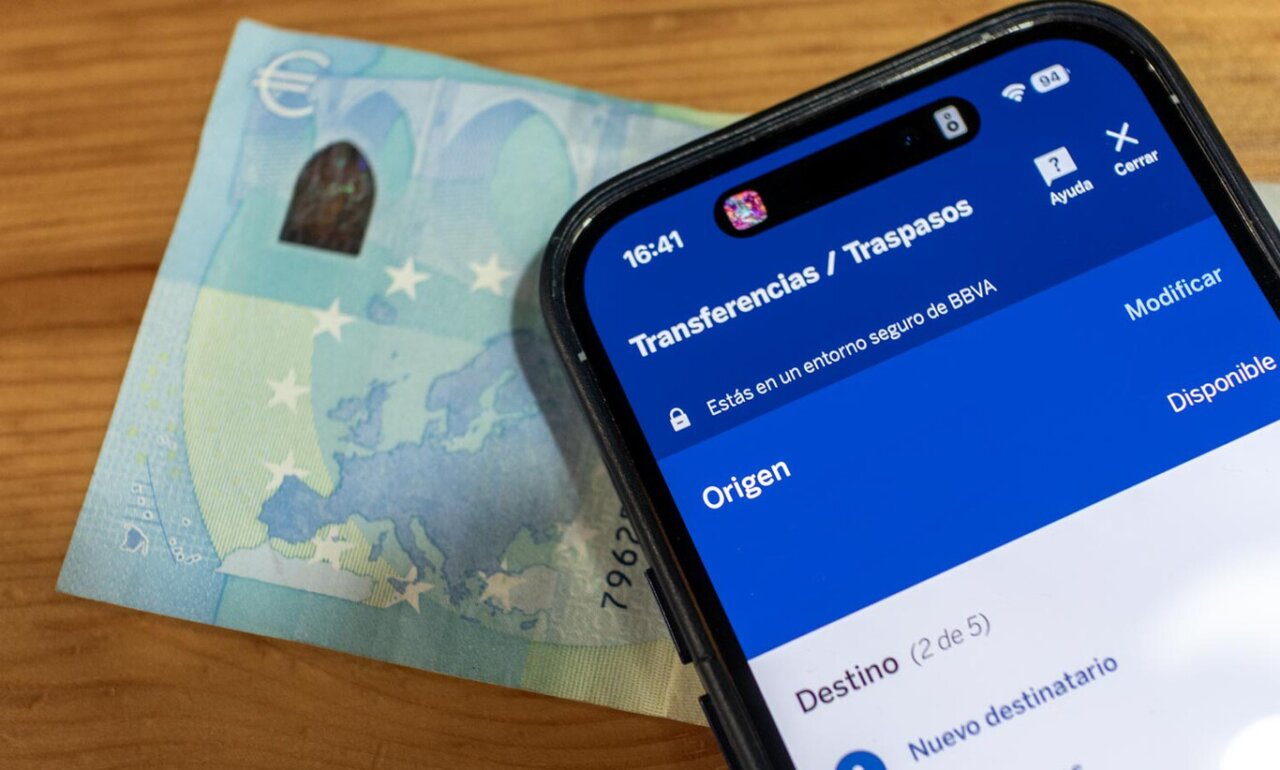As of Thursday, bank transfers in bank transfers in Spain have undergone a significant change with the entry into force of the new EU Regulation. This requires that all transfers, both immediate and ordinary, have the same cost and guarantees their processing within a maximum of ten seconds, regardless of the day or time. As stipulated by the European Parliament, banks and payment service providers must implement measures to ensure that the money transferred reaches the recipient’s account in record time and without errors. In addition, customers will be notified about the status of the transaction in real time.
Impact on costs and benefits for the users.
The official average cost of transfers, both immediate and ordinary, is set at 2.95 euros. According to the Association of Financial Users(Asufin), this adjustment represents an increase of up to 134% compared to ordinary transfers in the last two years. However, it also represents a saving compared to the average price of immediate transfers, which was around 3.65 euros in 2023. Despite this change, most users will continue to benefit from free transfers thanks to linkage agreements with banks, such as direct deposit of payroll or the contracting of specific products. On the other hand, platforms such as Bizum, which allow immediate transfers free of charge, will continue to be a popular alternative, although Asufin warns that their irreversible nature can be problematic in case of error or fraud.
Increased security and control for customers
The new regulation reinforces the security of transactions, requiring banks to implement advanced systems to detect and prevent fraud. In addition, banks must offer a free service that verifies the identity of the recipient before making the transfer. As an additional measure, customers will be able to set maximum limits for instant transfers, which increases control over their operations. Moreover, if the prevention measures fail and the user suffers a financial loss, he/she will be able to request compensation from the responsible entity.
Reactions from user associations
The Association of Users of Banks, Savings Banks and Insurance Companies (Adicae) has welcomed these improvements, especially for their contribution to the fight against fraud and consumer protection. Meanwhile, Asufin stresses the importance of using these tools with caution and recommends avoiding instant transfers if the recipient is not trustworthy.
A step towards banking modernization
These changes not only speed up transfer times, but also position the Single Euro Payments Area (SEPA) as a model of efficiency and security in the management of bank payments, marking a further step towards the digitalization of the financial sector. With this new framework, users will be able to enjoy faster and safer transfers, as long as they take the necessary precautions to avoid possible inconveniences.











